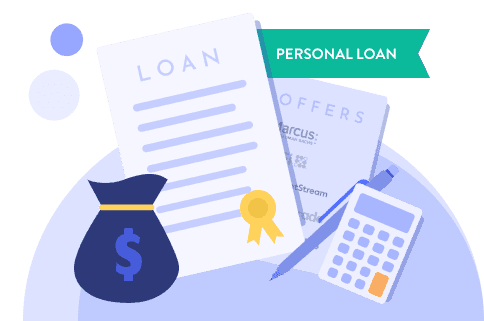MoneyGeek broke down the best debt consolidation loan lenders in Baltimore to help you choose the right lender for you. We reviewed APR ranges, Better Business Bureau (BBB) ratings, lender loan amounts, late fees, origination fees, prepayment penalty fees, repayment period and more.
MoneyGeek found that Truist is the best overall debt consolidation loan lender in Baltimore. However, the best lender for you will depend on your unique borrower profile. Those with good credit in Baltimore may find the best options from SoFi.

















